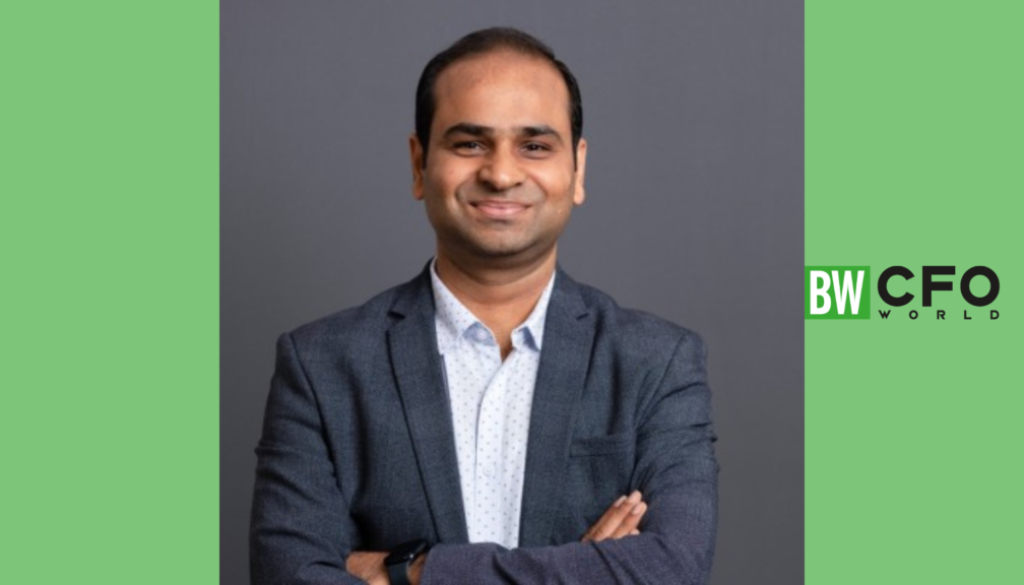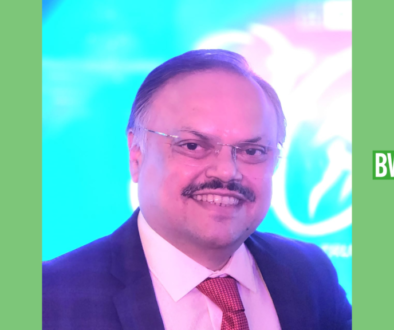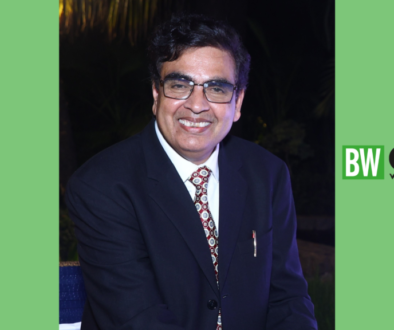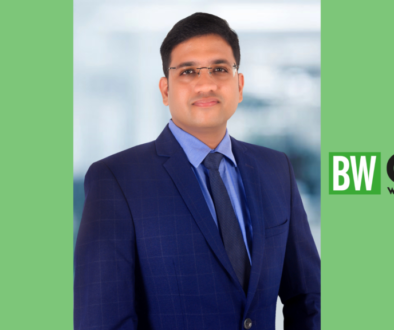Karun Gupta, Head Of Finance, Salesforce India, Shares Insights On Strategic Financial Leadership For Sustainable Growth
In an Interview with BW CFO World, Karun Gupta, Head of Finance, Salesforce India, delves into the intersection of financial acumen and sustainable growth, offering invaluable perspectives on capital evaluation, scenario planning, cost optimisation and fostering a culture of responsibility
Can you elaborate your process for evaluating capital expenditures or acquisitions through a lens of both financial return and long-term sustainability?
There are three key criteria categories that are important for businesses while evaluating capital expenditures, specifically acquisitions. First is around clarity on Time to value. Acquisitions need to be aligned to core business strategy, help businesses make solutions more holistic and should be aligned to the customer’s needs. This way a company can add value much faster to the bottom line. Secondly, prioritise non-dilutive forms of consideration like cash or debt vs say equity. Third one is that Asset needs to be at an appropriate valuation. With the aim to be financially prudent businesses should assess the value basis strategic fitment and right valuation without underestimating the value of the asset.
How do you incorporate scenario planning, including potential economic downturns or environmental challenges, into your financial forecasting and risk management strategies?
Businesses today leverage data and technology to incorporate various scenarios into forecasting and risk mitigation strategies. Actionable insights with for instance Tableau dashboards, drive learnings from internal and external information through tools like Machine learning and then run predictive models using Salesforce Einstein AI technologies. It’s also important to have a feedback mechanism to gather inputs across the organisation in an agile manner and incorporate it into scenario planning. Monitoring the progress on a regular basis and making reprioritisation or resource re allocation decisions as needed is critical to ensure businesses stay on the right path towards sustainable business growth.
Balancing cost efficiency with investment for growth is crucial. Tell us about a time you led a cost optimisation initiative that freed up resources for strategic growth areas. How did you ensure this initiative did not stifle innovation or core operations?
One of the key priorities for CFOs today is to balance out between short term performance and long term sustainable growth. Hence, we need to keep evaluating our resource allocation portfolio and make quick decisions to re prioritise resources as needed to drive high impact outcomes in the best interest of long term growth. Automation and standardisation helps strengthen the core operations while also allowing some headroom for long term strategic initiatives.
A head of finance plays a key role in shaping a company’s culture. Describe how you would foster a culture of financial responsibility and environmental/social awareness within the finance department and across the organisation?
Role of CFO has evolved into more of a co-pilot along with the CEO in driving long term sustainable success of the organisation. Hence, CFOs play a bigger role in shaping the culture of the organisation. While I firmly believe in empowering the business to ensure agility and speed in execution but at the same time need to have right metrics and scorecards. From ESG perspective, our commitment as a company on net zero requires us to collaborate with right partners who demonstrate similar values, ensure compliance with ESG regulations while creating a mass movement and awareness on this very critical topic.
A sustainable business prioritises its people. Can you elaborate on how you would integrate talent management metrics, such as employee retention or training investment, into your overall financial planning for long-term growth?
People are the most important asset of any organisation and are the key differentiators responsible for long term competitive advantage. Our focus has always been on creating an equitable, fair and safe environment for our employees where they can bring their best self to work and be most productive. Therefore investments in areas like real estate, promoting D&I initiatives, employee engagement activities are core to our planning. Learning and development of our people is a key priority for us and we are investing to ensure we provide right content, programs and moreover the environment to create a learning culture.




